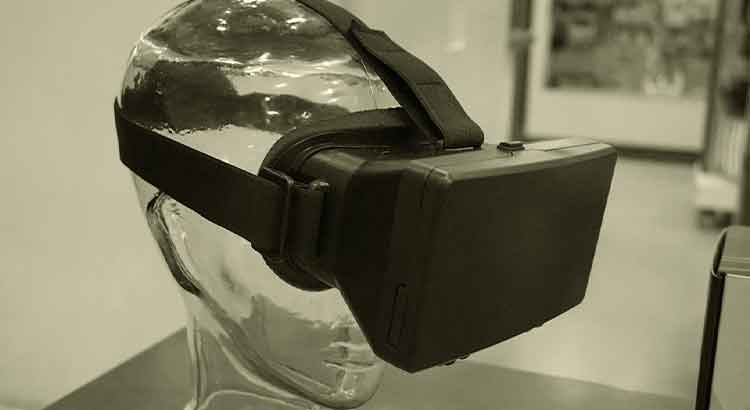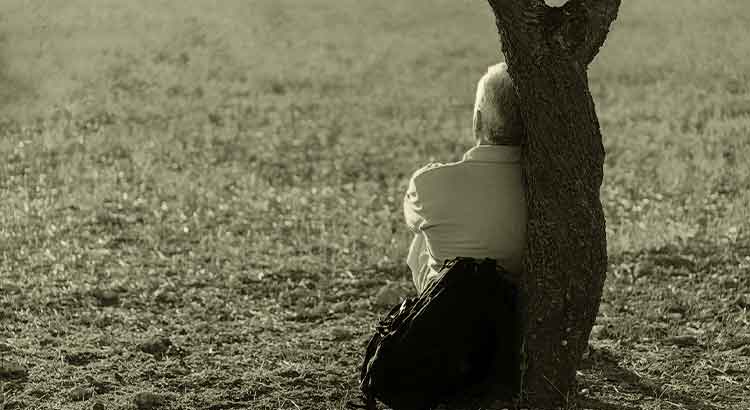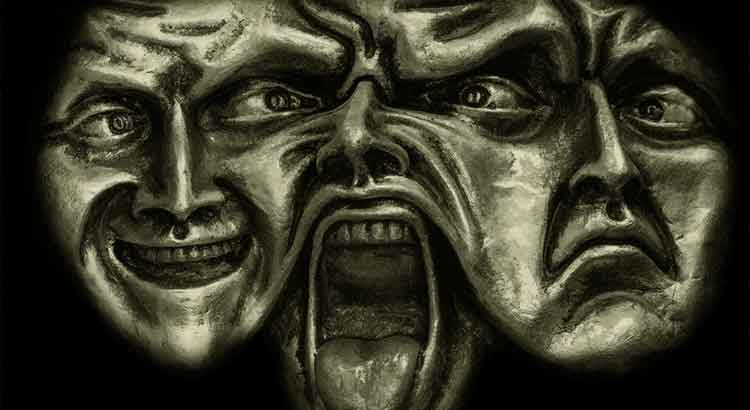I have some optimistic perspectives on the future of humanity. Here is one: I imagine a hypothesis in which, in the near future, digital advances would enable John, a cold meat storer, to buy a ticket to embark forever on an instigating virtual reality. (In order for the world to become really better with the advance, the ticket price would have to be affordable; say, costing the equivalent of three years of manual labor.) Then John would no longer be an underpaid worker, with terrible prospects, dissatisfied with life, harassed by the banks and would adopt an interesting nickname, giving up a poor life to enter in another stimulant, full of adventures and challenges, that kept glory and respect for the hardworking player. The new John, depending on his effort, could occupy a prominent position in his new reality. On the other side, here on the real world, science could invent a machine that would maintain the functioning of the brain independently of the body; this would allow John, once a participant in the new reality, to be cut from the neck down, and his vital organs could be destined for transplants. It is rather an optimistic possibility: John would be satisfied and make the happiness of some needy. In addition, his remains – at first useless – could be used in scientific research or other purposes that interested the evolution of mankind. I believe that, in this way, science and digital technology would certainly be operating for general happiness, for the well-being of society and for the progress of humanity in a socially sustainable and conscious way.
____________
Read more:



